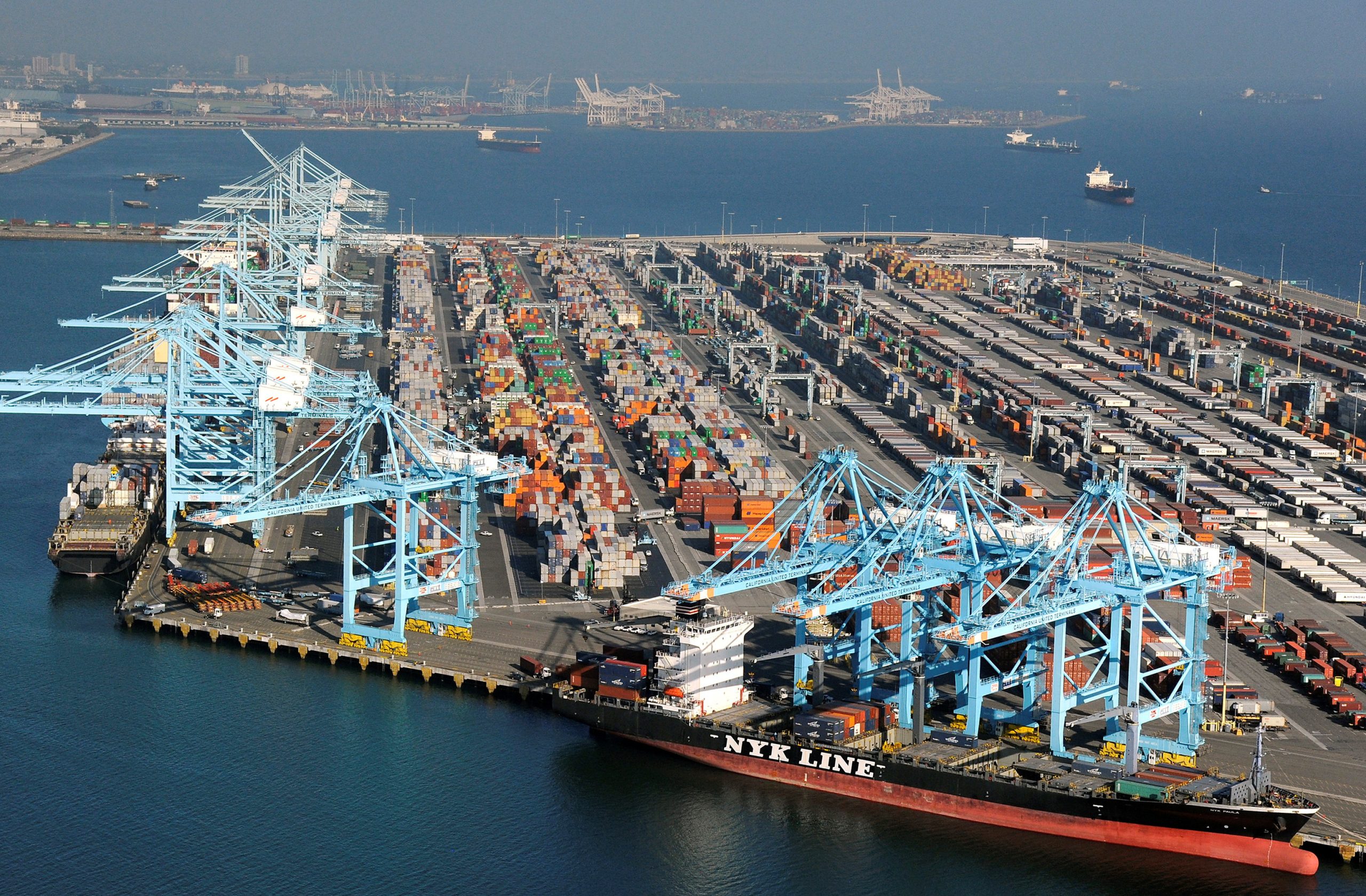Power outages, damaged goods, transportation blockages, and countless other consequences have disrupted supply chains in northern provinces of Vietnam. The logistics industry in general, and wood exports in particular, were hit the hardest, with 82.4% of businesses facing disruptions.
According to a survey by leading supply chain solutions consultancy CEL, Typhoon Yagi left behind severe damages, with estimated losses of around USD 1.64 billion, projecting a 0.15% drop in Vietnam’s GDP for 2024.
Directly affecting the business operations of companies, Typhoon Yagi caused severe disruptions for 15.4% of firms, while 53.6% faced delays in operations, and only 6.2% of businesses reported being unaffected by the storm.
On a larger scale, up to 73.3% of companies experiencing significant disruption belonged to the supply chain and logistics sectors, with port operators, third-party logistics (3PL) providers, transport services, and cold chain supply being the most heavily impacted.
For Vietnam’s wood industry specifically, the impact of Typhoon Yagi goes beyond just disruptions, with further significant damages caused by this super typhoon, including:
Damage to Raw Material Sources:
The heavy rains and landslides caused by the typhoon led to severe losses for reforestation and wood harvesting areas. This not only affects the available timber supply but also poses challenges for forest regeneration in the near future.
The road and bridge infrastructure in forestry areas was also severely damaged, hindering the transportation of raw materials from forests to processing plants. Wood exporters face difficulties in collecting and processing raw timber to meet international market demands.
Disruption of Supply Chain and Transportation:
Typhoon Yagi caused extensive flooding and serious damage to Vietnam’s road networks, seaports, and logistics infrastructure. Key seaports, essential for the export of wood products, experienced delays due to weather conditions. This resulted in delayed wood exports, failing to meet delivery deadlines for international partners.
With the support of local authorities and the efforts of businesses, 44.6% of surveyed companies expect to recover within 1-2 weeks through the rapid mobilization of resources.
However, experts suggest that in reality, businesses may face longer recovery times and unforeseen challenges. Julien Brun, managing partner of CEL, commented: “Once again, nature has spoken—clearly and powerfully. The era of predictable weather is over, and events like Typhoon Yagi are no longer exceptions. We must adapt to this new reality. This disaster is a wake-up call: we need to design supply chains differently, prepare more thoroughly, and recover more quickly. The message is clear—supply chain resilience is no longer a choice, but a necessity.”




